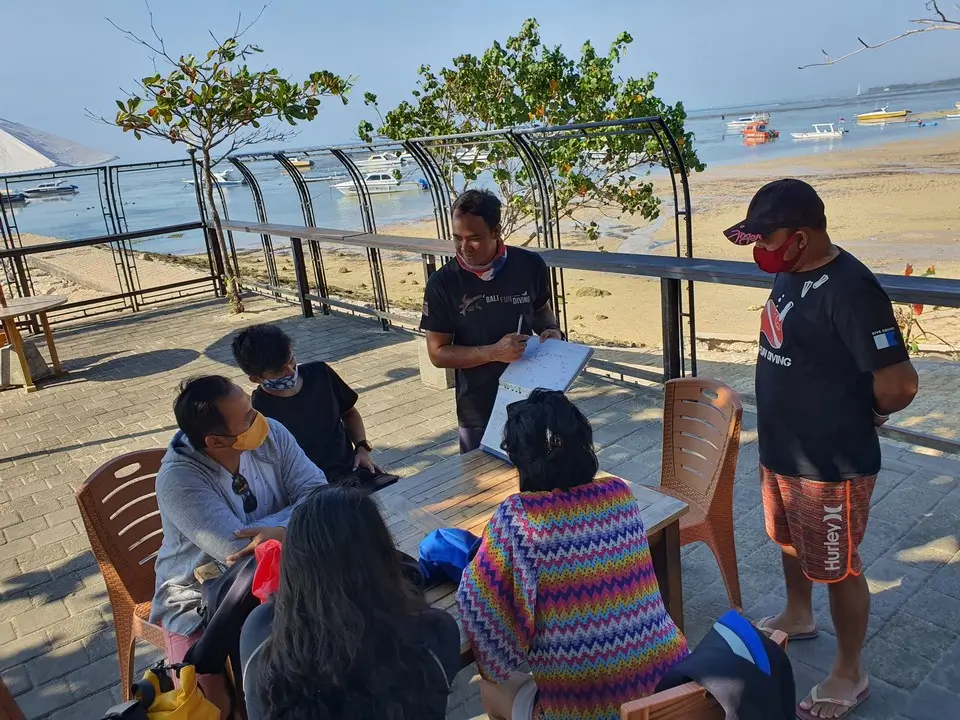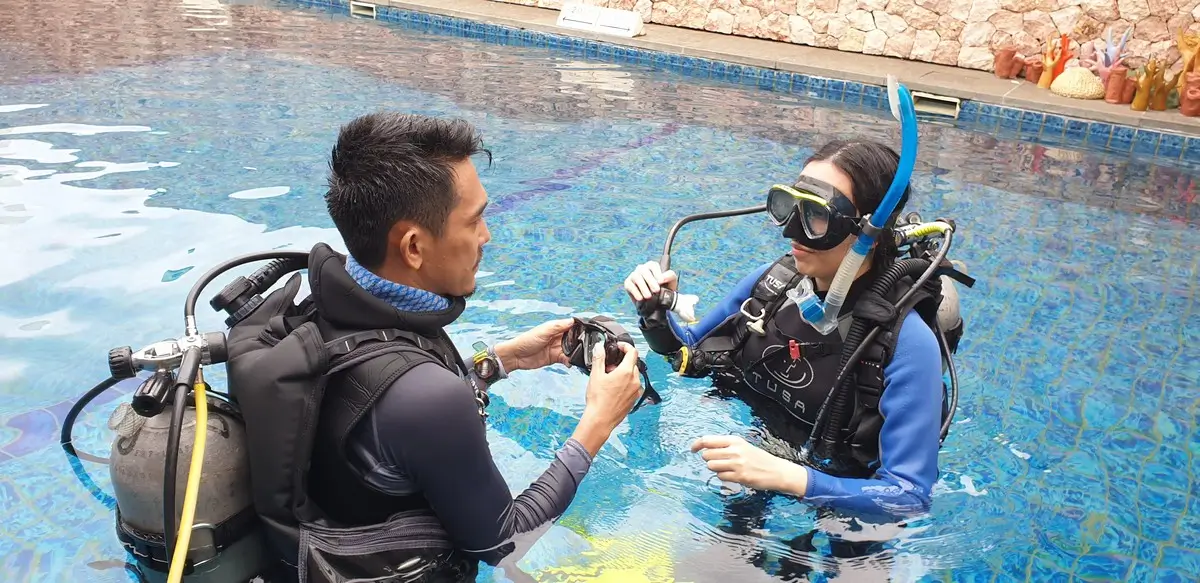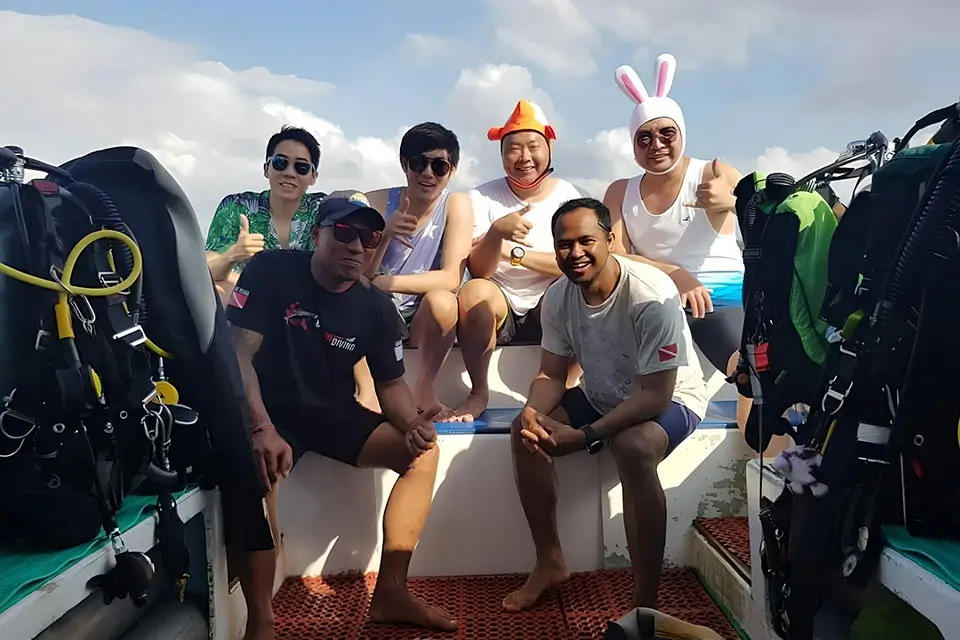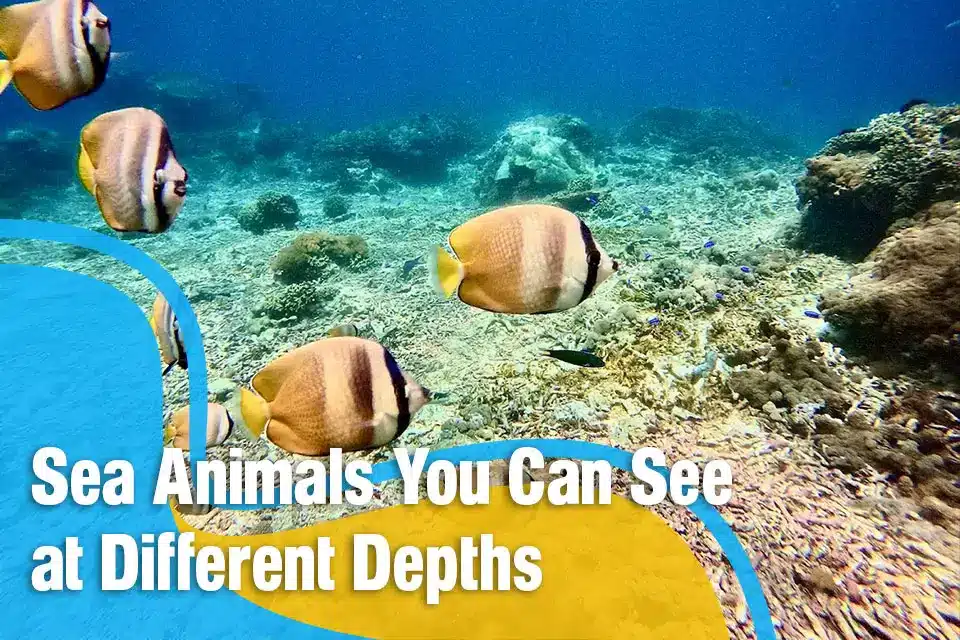Why Now Is the Perfect Time to Learn Scuba Diving
Have you ever thought about how exciting it would be to learn scuba diving, but kept putting it off for “someday” With so many exciting changes in travel, technology, and personal wellness, that someday might just be now. Whether you’re looking for a new hobby, a way to explore nature, or a break from stress, scuba diving offers an experience unlike anything else. Let’s explore why this moment might be the best time to take that first breath underwater.
More Accessible Than Ever

Earlier, learning to dive meant spending several full days in a classroom before even touching the water. But now, many dive schools offer a mix of online learning and in-water training, making it much simpler to get started. This flexible setup lets you fit scuba diving into your schedule more easily, even if you’re busy or traveling. This means:
- You can complete the theory online, from anywhere, at your own pace.
- Training schedules are more flexible than before.
- Dive schools are adapting with smaller class sizes and more personal attention.
- Equipment has become easier to use and more beginner-friendly.
So even if you have a tight schedule or no prior experience, there’s probably a learning path that suits you.
Learn Scuba Diving is Good for Body and Mind

Diving isn’t just an adventure. It’s also a unique form of wellness. Many people report feeling calm and refreshed after a dive, and there’s a reason for that.
When you dive, your breathing naturally slows down. You become more aware of your body and surroundings. There’s no phone, no noise, no rush. Just you, your breath, and the sea. This calm environment can help reduce stress, improve focus, and even lift your mood.
Physically, scuba diving offers several benefits for your body. It helps improve core strength and posture, since you’re constantly adjusting your position and balance in the water. It also teaches better control over your breathing, which can help with overall lung function and relaxation. Plus, diving builds muscle tone and endurance in a low-impact way, making it gentle on the joints while still giving you a full-body workout.
You don’t need to be an athlete to enjoy it. With the right training and a slow, steady pace, diving is accessible for almost everyone.
Diving Is More Than a Sport

One thing many new divers don’t expect is how strong the community is. From your first dive, you become part of a global network of people who love the ocean.
Some benefits of joining this community:
- Make friends who share your passion for diving
- Traveling to new dive destinations with purpose
- Take part in conservation projects like beach or reef cleanups
- Learn from seasoned divers, get advice on gear, locations, and safety
In a world that feels more digital every day, scuba diving offers a real connection to nature and other people.
What to Expect When You Start

Most people begin their journey with the Open Water Diver course. It usually takes three to four days and includes:
1. Sign Up for a Certified Course
If you’re ready to start learn scuba diving, the first step is enrolling in a recognized scuba certification course, such as the Open Water Diver program. This course is designed for beginners and gives you all the knowledge and skills you need to dive safely and confidently.
2. Theory sessions, often done online now
Before getting into the water, you’ll learn the basics of diving through theory lessons. These cover important topics like how pressure affects your body, how your equipment works, and what to do in different underwater situations. Today, many dive schools let you complete this part online, so you can study at your own pace, anywhere and anytime.
3. Confined water practice in a pool or shallow bay
This is the part where you take your first breath underwater. In a pool or shallow water, your instructor will guide you through the basic scuba diving skills, like how to clear your mask, share air with a buddy, and control your buoyancy. It’s a safe and calm environment where you can build confidence and get comfortable with the gear.
4. Four open water dives with an instructor
Next, you’ll complete four open water dives in the ocean. These dives are supervised by your instructor and give you the chance to use everything you’ve learned in real dive conditions. You’ll get to explore underwater life while practicing safety and dive planning skills.
5. Become a certified scuba diver
Once all components are completed successfully, you’ll be a certified Open Water Diver, allowing you to dive anywhere in the world to a depth of 18 meters, often accompanied by a dive buddy.
How to Choose the Right Time and Place

Not all dive locations and schools are the same, and your first diving experience matters. If you’re thinking about learn scuba diving now, here are a few tips to help you choose wisely:
In Bali, for example, conditions are ideal for beginners for much of the year. You can train in warm water, surrounded by coral reefs, turtles, and colorful fish. Plus, the local dive culture is welcoming and focused on safety.
FAQs about Learn Scuba Diving
Now Is Your Time to Dive In

There has never been a better time to learn scuba diving than right now. Whether it’s the flexibility of learning, the mental health benefits, the chance to travel with purpose, or the opportunity to protect the ocean, diving offers something meaningful.
It’s not just about learning a new skill. It’s about opening a new world, one breath at a time.
If you’re curious, reach out to a local dive center, ask questions, or even try a discovery dive. The ocean has been waiting. Maybe now is your time to explore it.
Share this Article



